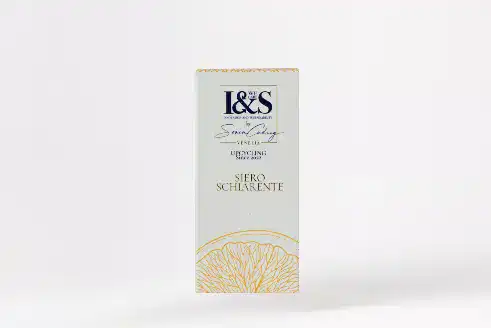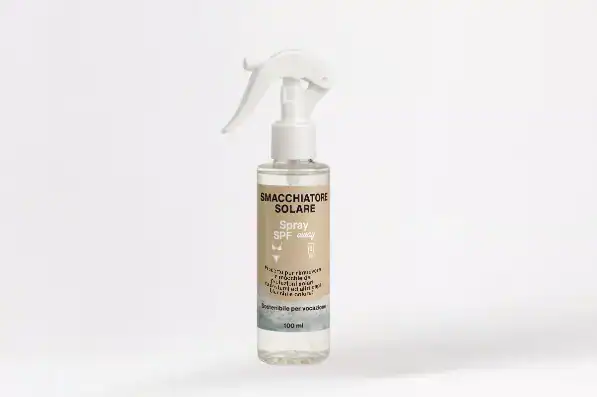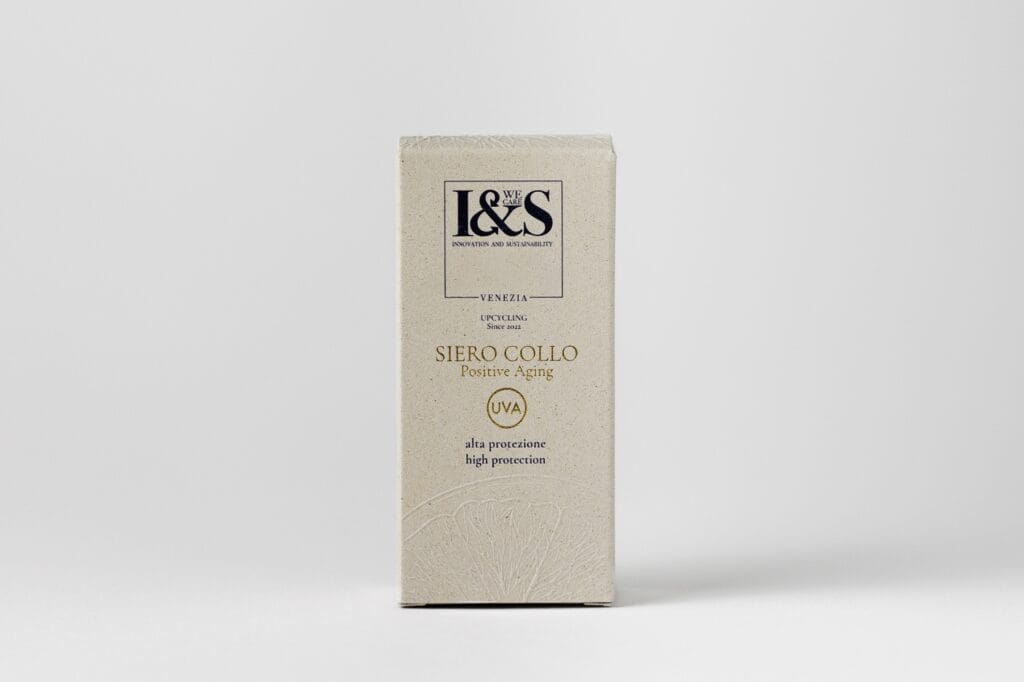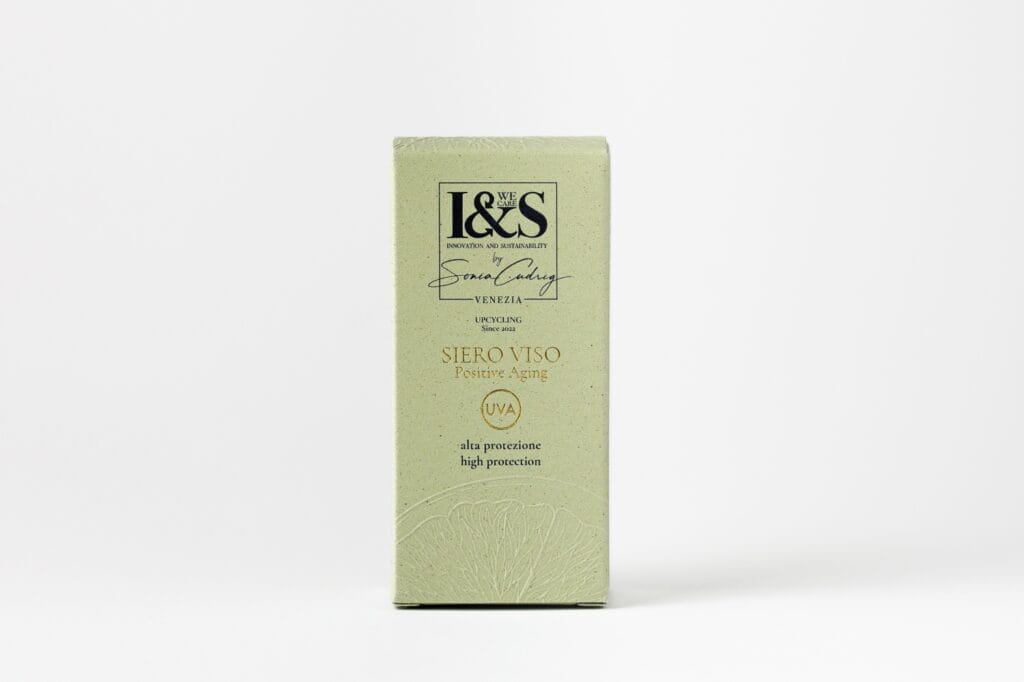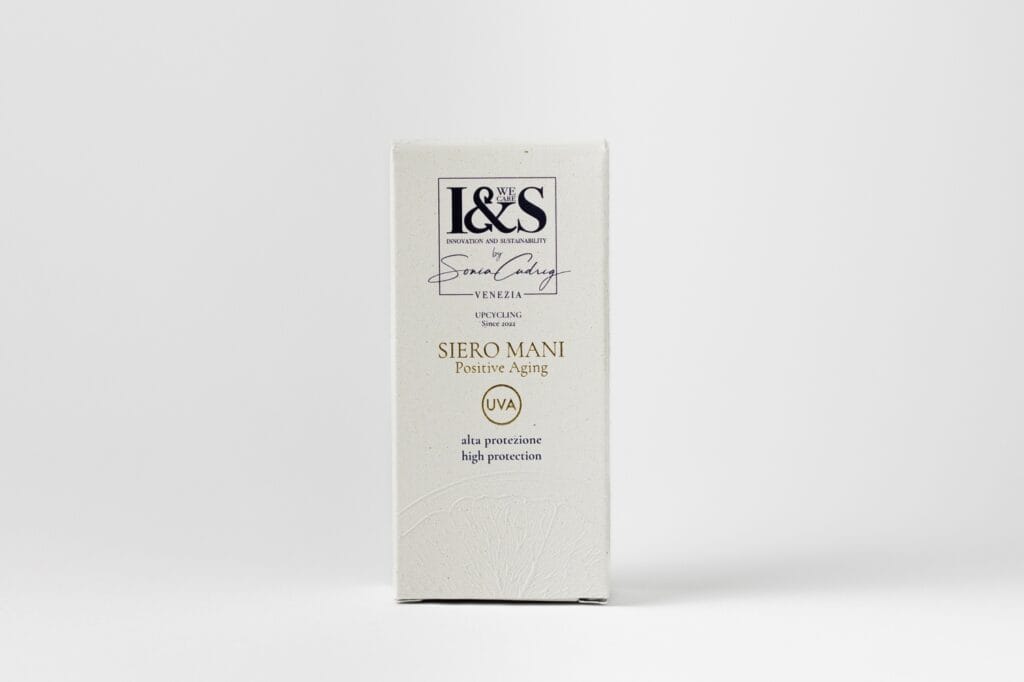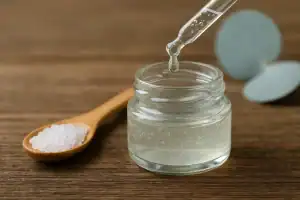Why Does Sunscreen Stain Clothes—And What Can You Do About It?
Ever pulled your favorite white shirt out of the laundry, only to find stubborn yellow stains that just won’t go away? If so, you’re not alone. This frustrating mystery often traces back to an unexpected culprit: sunscreen that stains clothes yellow. While protecting your skin from UV damage is non-negotiable, no one wants to trade sun safety for ruined clothing.
So what exactly causes this problem? Many conventional sunscreens—especially those with chemical UV filters like avobenzone—can react with minerals in water (like iron) during washing. This reaction produces rusty, yellowish discolorations on fabrics, especially light-colored cottons. Add in ingredients like oils and synthetic fragrances, and you’ve got a recipe for persistent stains.
For lovers of clean, conscious beauty, this issue is more than cosmetic. A truly sustainable skincare routine considers not just what goes on your skin, but how your products interact with the world around you—your clothes, your home, and the planet. Choosing a sunscreen that doesn’t stain clothes yellow means aligning your glow with your values.
At I&S We Care, we believe you shouldn’t have to choose between performance, purity, and your wardrobe. In the next sections, we’ll explore why certain sunscreens cause these yellow stains, how to avoid them, and what to look for in a non-staining, eco-conscious SPF that fits your lifestyle and respects your clothes.

